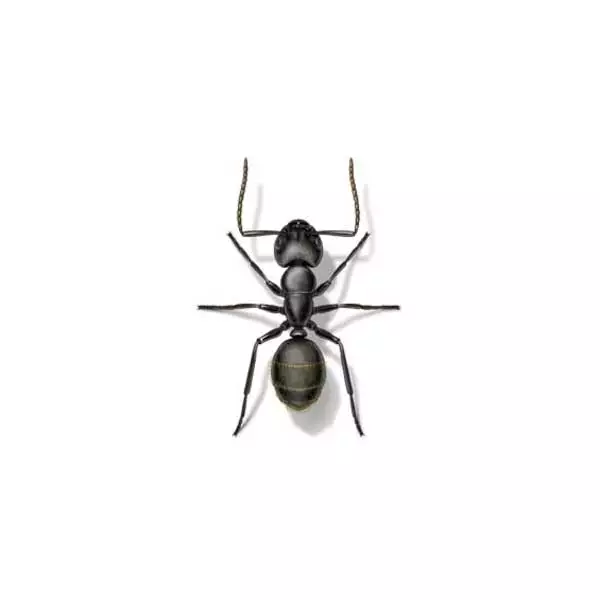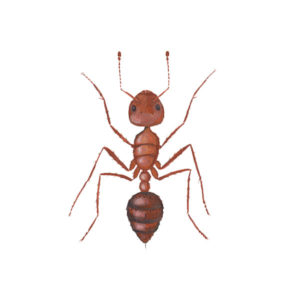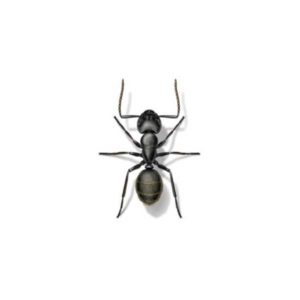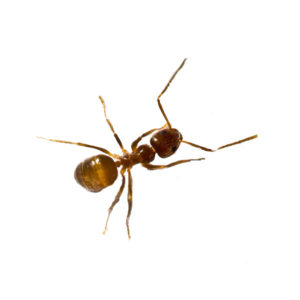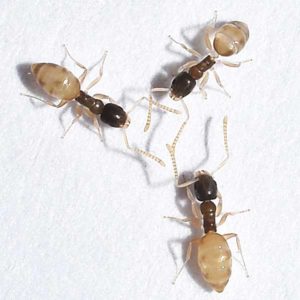Carpenter Ants in Knoxville TN
Carpenter ants get their name because they excavate their nests in wood, creating smooth tunnels and galleries. Sometimes mistaken for termites, carpenter ants are wood-destroying pests that tunnel through wood to construct nests. Their nest-building activities destroy the structural integrity of homes and businesses. Carpenter ants do not eat and digest wood, but instead, bore through the wood and hollow it out for nesting. Over time, they seriously damage wood, reducing solid structures to hollow shells. Feeding on a wide variety of foods, carpenter ants prefer the sugary honeydew excreted by plant-sucking insects.
Carpenter Ant Habitat
Drawn to moisture, carpenter ants can establish nests in a number of different locations. These locations can be either inside or outside of a home or structure and generally near damp, decaying wood. In homes and buildings, the parent nest is generally located outside in a tree, stump, or stack of firewood. Nests are more likely to be found in wood dampened by water leaks, such as attic rafters, roof overhangs, wall voids, hollow doors or columns, and in crawl spaces and behind dishwashers. Indoor carpenter ant infestations are always associated with moisture issues in homes or businesses.
Carpenter Ant Behaviors, Threats, or Dangers
Carpenter ants pose a serious threat to homeowners. Even though carpenter ants rarely bite and are not generally thought of as dangerous, their burrowing activity weakens and destroys the structural integrity of homes and businesses. Carpenter ant swarms usually occur in the spring and are a sure sign that a colony is nesting nearby. Seeing tiny piles of sawdust, or hearing faint rustling noises in walls are both indications of a carpenter ant infestation. While carpenter ants are not as dangerous as termites, if left unchecked, they systematically destroy homes and valuable wood objects within them. If a carpenter ant infestation is suspected, it is best to contact a professional ant exterminator.
Need help with Carpenter Ant control?
We'll call you! Leave your information below.
